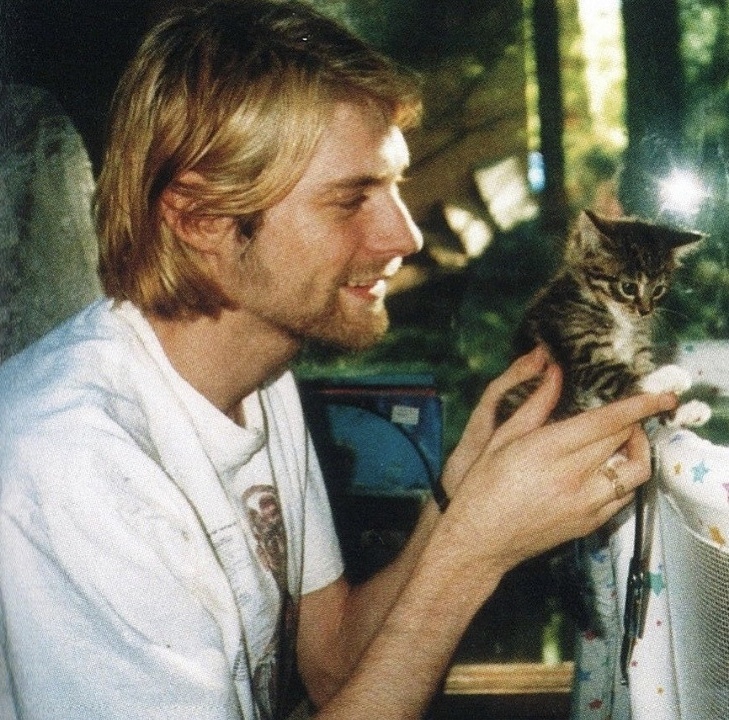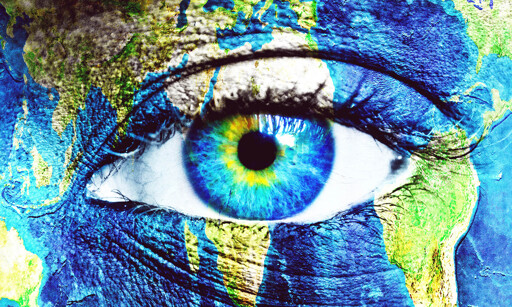- cross-posted to:
- collapse@sopuli.xyz
- cross-posted to:
- collapse@sopuli.xyz
His answer is the octopus. What say you?
But they
- Have extremely short lifespan so a limited capacity to learn (1-2 years)
- Don’t raise their offspring, in fact after mating/laying eggs they naturally die, so no knowledge sharing
- Are extremely solitary and don’t have social bonds or do anything socially, so little communication/passing of knowledge
On top of that, they might not even survive the CO2 and consequent ocean acidification. If humans were to get eradicated by some super plague, then octopi might still stand a chance. However, the points you mentioned mean that they are playing this game in hard mode when it comes to winning by intelligence.
I worked as an intern at a lab studying octopus vulgaris.
They are extremely sensitive to all sorts of things in the water. Keeping them well is very difficult. Although I would imagine if there are big but gradual changes in water environment, they would have a chance of adapting faster due to short life cycles and the fact that mating creates hundreds of thousands of eggs.
If we assume that they somehow survive all the way to the very moment when humans get a permanent ban to the Earth Server, then the changes should be gradual enough after that. The bad news is, humans love to play this game by recklessly exploiting every bug and glitch, so rapid changes (in evolutionary scale) are the norm.
See also: Peppered moth evolution
Eighteen paragraphs of throat clearing to get to the point of the title.
Their lifespans are very short and that whole ocean acidification thing might be a problem.
If anyone’s interested in this sort of speculative sci fi, check out A Mountain in the Sea by Ray Nayler. 10/10 world building, 9/10 science backing, 6/10 writing.
Crows and ravens. Highly adaptive. At home in a deep forest or the remains of a burnt out city. Social. Predisposed to intelligence.
The whole concept of a “dominant species” is also a bit ridiculous and probably shouldn’t be bought into whole cloth. If what we mean by “dominant species” is 'the most radiatively expansive single species before allopatric speciation takes over…", then pick any one of the many many invasive we’ve spread around the planet. Our intelligence has allowed for a massive and basically instantaneous geologic layer globally, but it’s not something that can be handed off in the way that a vasculature did for land plants or the ability to decompose cellulose and lignin did for fungi… unless we want it to be.
If you really want intelligence to make it’s mark on the earth we need a way to move it from our species into other species, because we’re not long for this world. Move the genes specific to human nervous tissue and neurons into bees, ants, termites, any formian creature. That’ll get this party started.
I think there’s a solid argument to be made for ants as the world’s dominant species. There are even supercolonies that span multiple continents. https://pmc.ncbi.nlm.nih.gov/articles/PMC3352483/
They will likely continue to thrive in the post-human global environment. Their success does not rely on human development (like, say, rats), nor are they severely threatened by human development (like…well, most things).
Was talking about this earlier with the s.o., we’ve both got pretty substantial biology training (phds, ms, bs etc). We both agreed that “dominant species” is a bit of a term looking for a definition, as in, it’s not something extending from biology or ecology but rather something being imposed upon them. We were between nostoc and rhizobium, with fungi capable of digesting lignin in third place, for the most “world dominating” species, in the sense that those species, through their biology, have carved the planet into a place much more suited for themselves.
It strikes me that humans aren’t even really doing that, but rather, we’re selecting for an environment less suitable to our own survival. So I don’t know that humans would even rank for dominance over the environment because we really don’t have any sense of control over the matter, whereas, some other species clearly do.
Crows! Oh. Are we taking guesses? Dogs! Any creatures who have lived close with humans? Cockroaches!
As the documentary novel Children Of Ruin can attest to
I would argue it depends on the method humans get removed from the equation. Chances are, humans are going to leave behind such a mess of that it’s going to be pretty hard for most things to survive.
Anything living off hydrothermal vents should be fine, even if the Earth undergoes prolonged nuclear winter or even a snowball earth scenario. Everything else is at great risk of going extinct. Tardigrades should be fine though, since they can survive all sorts of weird extremes.
splatoon was supposed to be a warning, not a prophecy
Crabs, everyone knows it’s crabs.
deleted by creator
I don’t think any species could beat my Revolution X top score so… we kind of do dominate sweetie.
I think they could become dominant if they acquired language. Maybe do some crazy sign language with their 8 tentacles. Also their short lifespan could be overcome if they worked together as a group or a hivemind, like the way ants do.
He’s been saying that since before The Future is Wild and his Squibbons.
Serious question:
How difficult is it for octopus to change via evolution so it becomes more like a primate?
They can already breathe on land for up to an hour.
I think they just need a few key mutations to live longer and nurture their young.
Fun fact: octopuses* respond to MDMA, and become social and cuddly. https://www.pbs.org/newshour/science/scientists-gave-octopuses-some-molly-heres-what-happened
I seem to recall a similar story where drug exposure reversed the octopus’s usual behavior of simply waiting for death after mating, but I couldn’t find a reference from a quick search so perhaps I am misremembering this story, about the biological mechanisms behind that behavior: https://www.sciencealert.com/scientists-close-in-on-why-octopuses-tragically-destroy-themselves-after-mating
Why would even be a next “dominant single species”, like humans?
Out of the billions of alive organisms that had ever been on earth only humans have human intelligence. It doesn’t seem like a common trait for any organism.
I think that humans are just some weird anomaly. Once we are gone there will probably not be any other intelligent species for a while, if forever.









